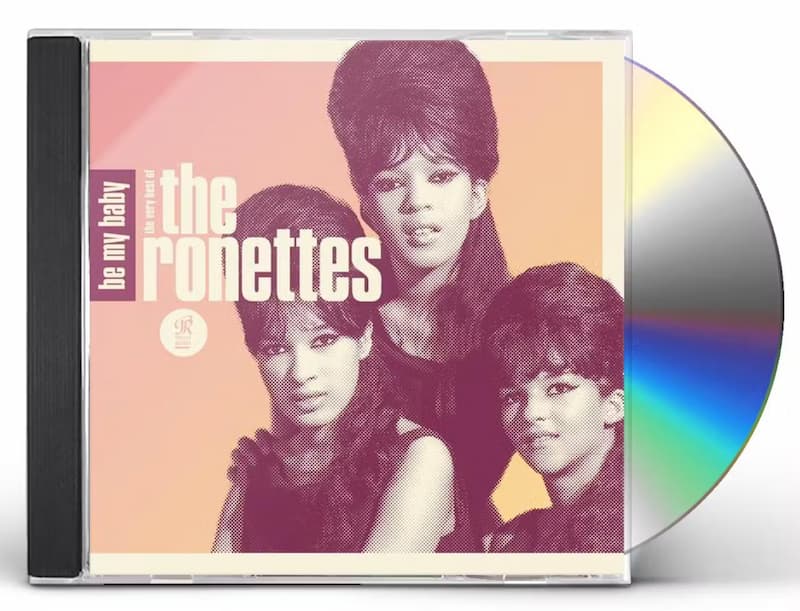
In the explosive world of 1960s music, a New York City girl group, The Ronettes, consisting of Veronica (Ronnie) Bennett, her sister Estelle Bennett, and cousin Nedra Talley, captured hearts and changed the industry forever. Signed first to Colpix Records in 1961 with no hits in sight, their fate transformed in 1963, when they caught the eye of the legendary producer Phil Spector and shifted to his Philles Records label. This marked the beginning of their iconic sound shockwave, fueled by Spector’s secret weapon: the revolutionary “Wall of Sound” production technique.
The drama began with their initial recording of “Why Don’t They Let Us Fall in Love,” penned by superstar songwriting duo Jeff Barry and Ellie Greenwich, architects behind hits like “Chapel Of Love” and “Leader of the Pack.” But Phil Spector had a game-changing choice to make. Casting aside the expected, he selected another Barry and Greenwich masterpiece, “Be My Baby,” as The Ronettes’ first breakthrough single.
July 5, 1963, at Gold Star Studios in Hollywood, California, became historic. Accompanied by a powerhouse band, including guitarists Tommy Tedesco and Bill Pitman, and drummers Hal Blaine and Frank Capp, the atmosphere crackled with energy. Female backing vocals from none other than the then new power couple, Sonny and Cher, combined with Darlene Love, elevated the track. Veronica Spector’s commanding and mesmerizing vocals pierced through each lyric, narrating an intense tale of instant love and heartbeat-pounding desire.
Veronica described in her 1995 memoir, “Be My Baby,” how tirelessly she rehearsed, perfecting every “oh-oh-oh” and “whoa,” determined to capture the soul of the song. Upon release, the reaction shocked the music world. Dick Clark’s Caravan of Stars tour embraced the group, and Clark himself proclaimed on American Bandstand, “This is going to be the record of the century.”
The 1964 album “Presenting the Fabulous Ronettes featuring Veronica” immortalized “Be My Baby” alongside hits like “Baby, I Love You,” sealing their legacy. Though the group disbanded in 1967, the song remains their fiercest jewel, peaking at No. 2 on the Billboard 100 chart and standing tall as their only Top 10 blockbuster.
Recognition soared decades later. In 1999, “Be My Baby” was enshrined in the Grammy Hall of Fame—a testimony to its timeless impact. By 2006, the U.S. Library of Congress declared it a treasured part of the National Recording Registry. This song is not just a melody; it’s a roaring echo of passionate youth, pure talent, and the magic of an era that still captivates hearts everywhere.
As the lyrics dazzle us through its famous chorus—“Be my baby now, wha-oh-oh-oh”—it continues to seduce and thrill listeners, old and new. The night the world met The Ronettes’ “Be My Baby”, history was made, forever binding this classic to the souls of millions longing for love’s powerful call.